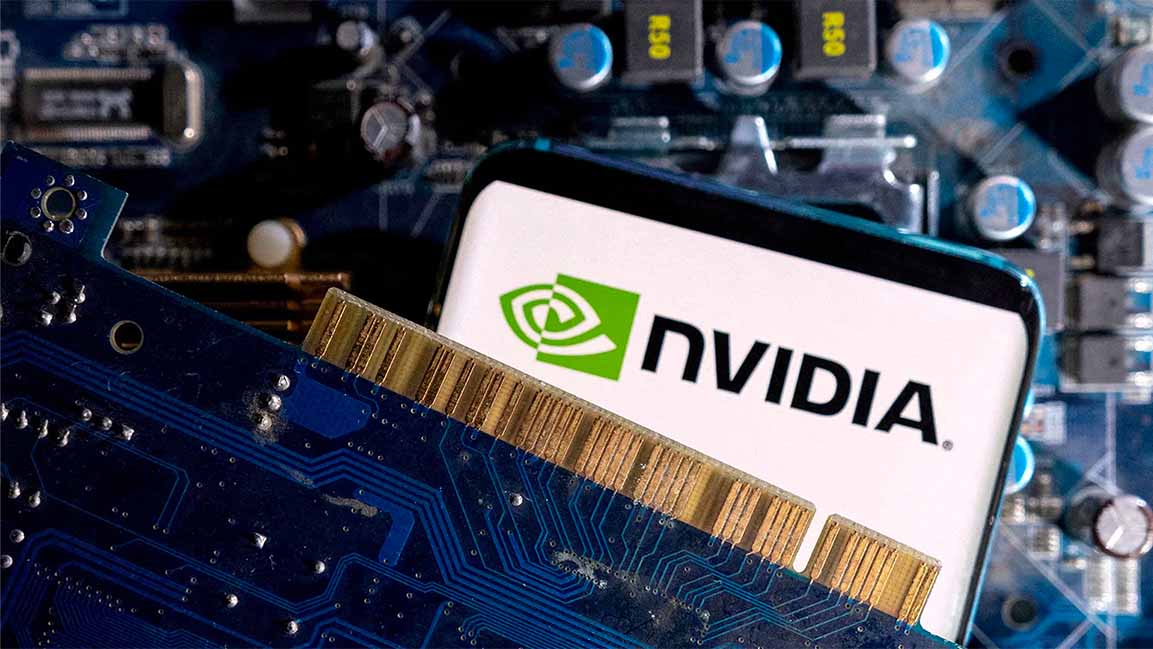- | 9:00 am
What happens when we train our AI on social media?
While cost effective and efficient, training AI models on social media carries some major risk.

The unique relationship between social media and AI continues to develop in interesting ways, with Reddit’s recent deal with Google allowing their AI to train on its content, and tech companies’ sudden interest in once-popular social media sites like Photobucket.
But there is a question looming in the background of these deals: Even if AI companies can train their models on social media, is doing so really such a good idea?
AI companies have largely relied on the internet, especially social media content, to train AI because of the massive amounts of data these models require to function. Not only is the internet vast, but much of it is free and public through platforms that offer archives of free web scraped data, such as Common Crawl. Companies such as Meta have used data gathered from their own social media sites to train their models as well.
However, while cost effective and efficient, training these models on social media has its drawbacks. Not only are there user privacy concerns, but social media is also known to be a breeding ground for toxicity and misinformation. The concern, then, is that AI trained on that content will in turn display such patterns.
“While you do not have to expose artificial intelligence to statements that defamed people for it to [defame them]…it certainly makes it more likely,” says Carnegie Mellon professor Matt Fredrikson. “If a model saw an example on social media it would be more likely to generate that.”
THE BENEFITS AND RISKS OF CONVERSATIONAL CHATBOTS
Training AI on social media, AI researcher at Hugging Face Dr. Sasha Luccioni says, will teach models slang and human jargon like “BRB,” giving it a more informal tone. Training AI on a diversity of sources will make it come across even more human-like, as opposed to other methods, such as textbook training, which make it sound more mechanical.
While this is a positive development in some cases, such as when creating a chatbot for entertainment purposes, the consequences can be severe, as this will make it more difficult to detect when you are talking to a chatbot, says Fredrikson.
The casual and conversational nature AI learned from social media platforms will make the tech sound more credible, making it easier for it to push misinformation or harmful content as a result.
“These technologies are pretty widely available, and you don’t need a huge amount of computational resources to deploy them,” he says. “You don’t have to have access to all of Reddit to have a model who is going to do a decent job of engaging people on social media and pushing forward a particular agenda of their choosing.”
WHEN SAFETY IS NOT A PRIORITY
There are currently solutions being developed to mitigate the misinformation and toxicity that AI internalizes when trained on social media, such as watermark that identifies that the content was generated by AI.
In addition to this, companies “can intentionally instruct [AI] on data later that tries to correct some of the harmful behaviors,” Fredrikson says. These actions, he adds, are reflective of an idea called alignment, where AI advances agendas in line with human goals and values.
There are many organizations that have elected to take responsibility for the information their AI is trained on and are taking these safety measures, he says. Others, unfortunately, are not.
“Safety is often overlooked because these companies are moving very fast,” says AI researcher and Carnegie Mellon doctoral student Andy Zou. “There are no super standardized regulations for AI right now, but building more awareness around the problem will help.”








































